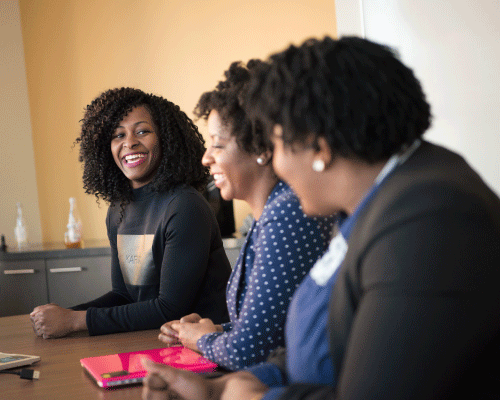
FIRST SESA COMMUNITY OF PRACTICE LAUNCHED!
Community and Knowledge Exchange are at the heart of the SESA Project. Given its multiple thematic areas and experts from different fields and countries, a lot is to be learnt from each other and shared as widely as possible to strengthen global and local capacities for the implementation of sustainable energy projects. Therefore, as part of WP2 which focuses on capacity building, online Community of Practices will be launched and maintained to strengthen the capacities of decision makers, practitioners and businesses in sustainable energy in Africa.
The Community of Practices will serve as platforms to share knowledge and best experiences, identify experts to answer queries and maintain a network of relevant actors, organizations and businesses on sustainable energy development. This will help countries to increase confidence into developing sustainable energy solutions, through:
- Peer-to-peer exchange on lessons learnt through pilot projects
- Formal & informal dialogues between various projects to facilitate spill-over of knowledge
- Networking with other related initiatives in the region
- Facilitate scale-up and replication of projects in other countries across Africa
- Develop policies, business models and financial schemes
- Strengthen capacities for the implementation of sustainable energy projects in Africa
The first of these communities focusing on electric mobility and batteries has been launched end the end of 2022 under the coordination of UNEP. The objective of this community of practice is to bring together consortium members and partners working on topics regarding E-mobility and batteries in Africa to enhance knowledge exchange and project implementation.
The Community of Practice is linked to UNEP’s Africa Support and Investment Platform for E-mobility which supports countries and cities in Africa with the shift to electric mobility through developing projects, sharing knowledge and building capacity for their implementation as well as creating opportunities for wider uptake and financing of electric mobility in the region. Its objective is to become the leading electric mobility marketplace in Africa where potential project concepts meet and match potential financiers and technology suppliers.
The community of practice on electric mobility and batteries is already over 280 people strong and growing. In 2022, four trainings took place on the topics of 1) E-mobility standards and regulations, 2) E-mobility polices and strategies 3) Electric vehicle battery management and end of life treatment, and 4) Integration of electric vehicles and electricity grids. This year the first in person event will take place in Dar es Salaam (Tanzania) on 20-21st March with a focus on financing of electric mobility and circular management of batteries. More information on the event will soon be available here.
With support from the community, SESA partners and other relevant actors on the sustainable energy solutions ecosystem SESA will provide more than 250 tools and knowledge products on the topics of electric mobility and batteries in Africa and globally.
The community of practice on electric mobility is open and running. If you would like to receive regular updates on its activities and trainings, kindly send an email to unep-emobility@un.org.



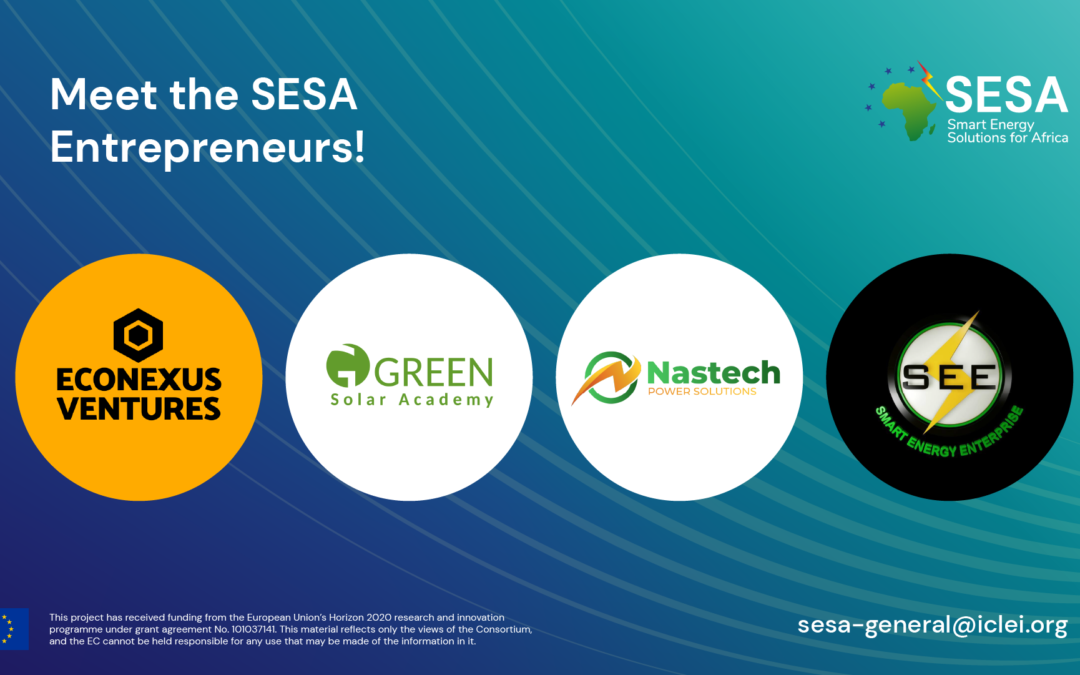
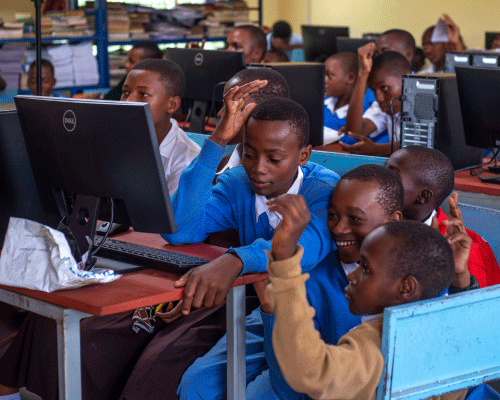
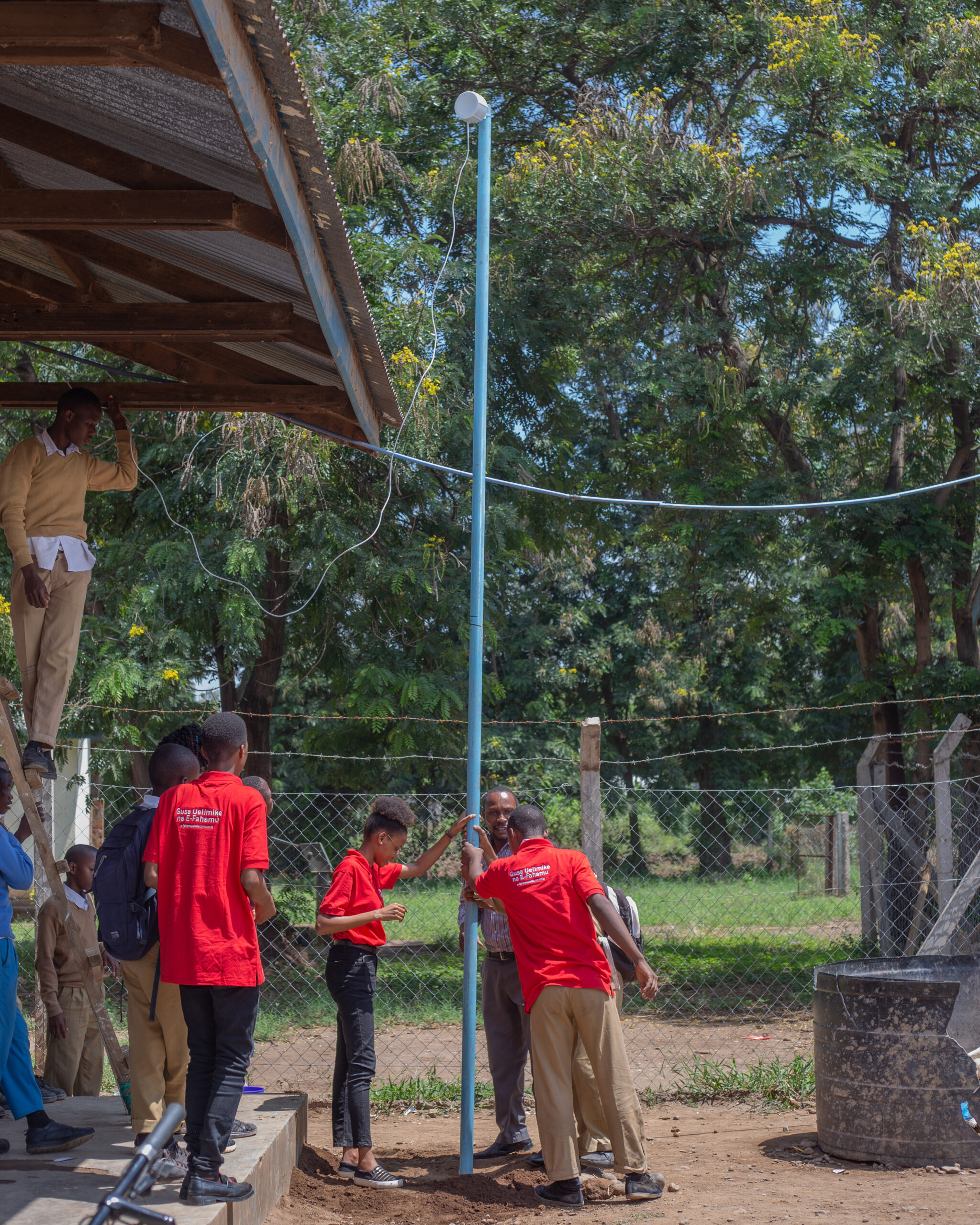
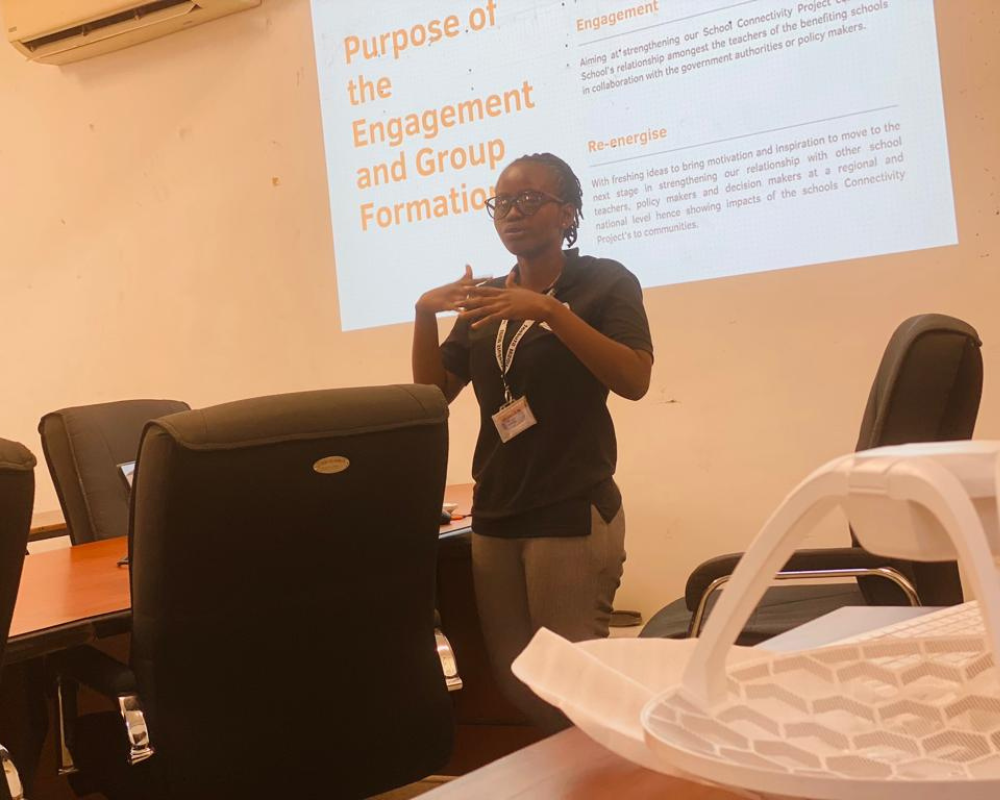
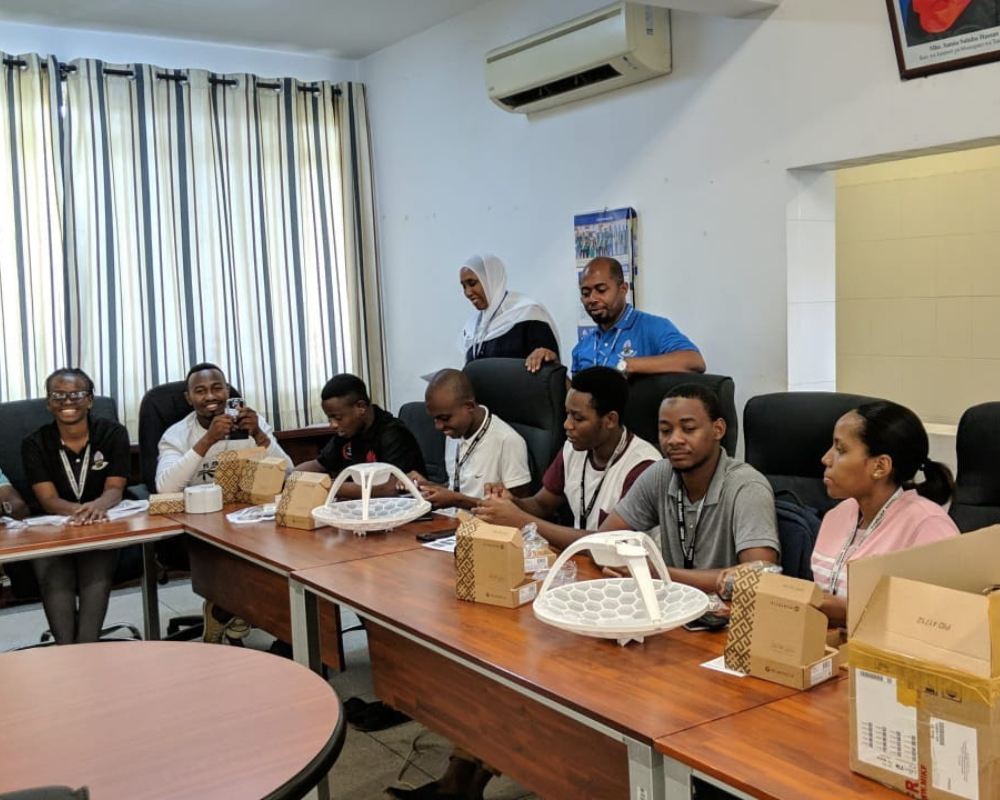
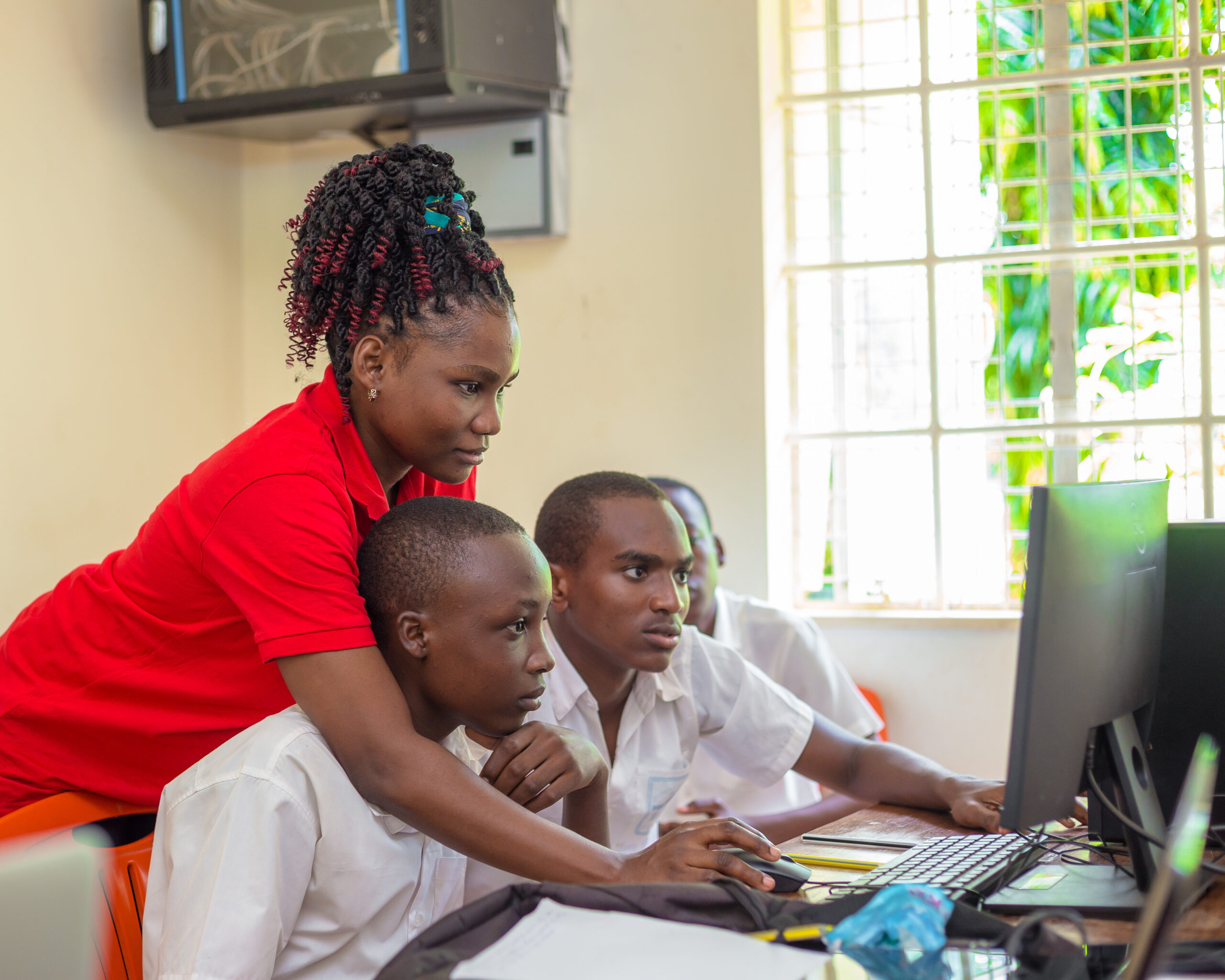
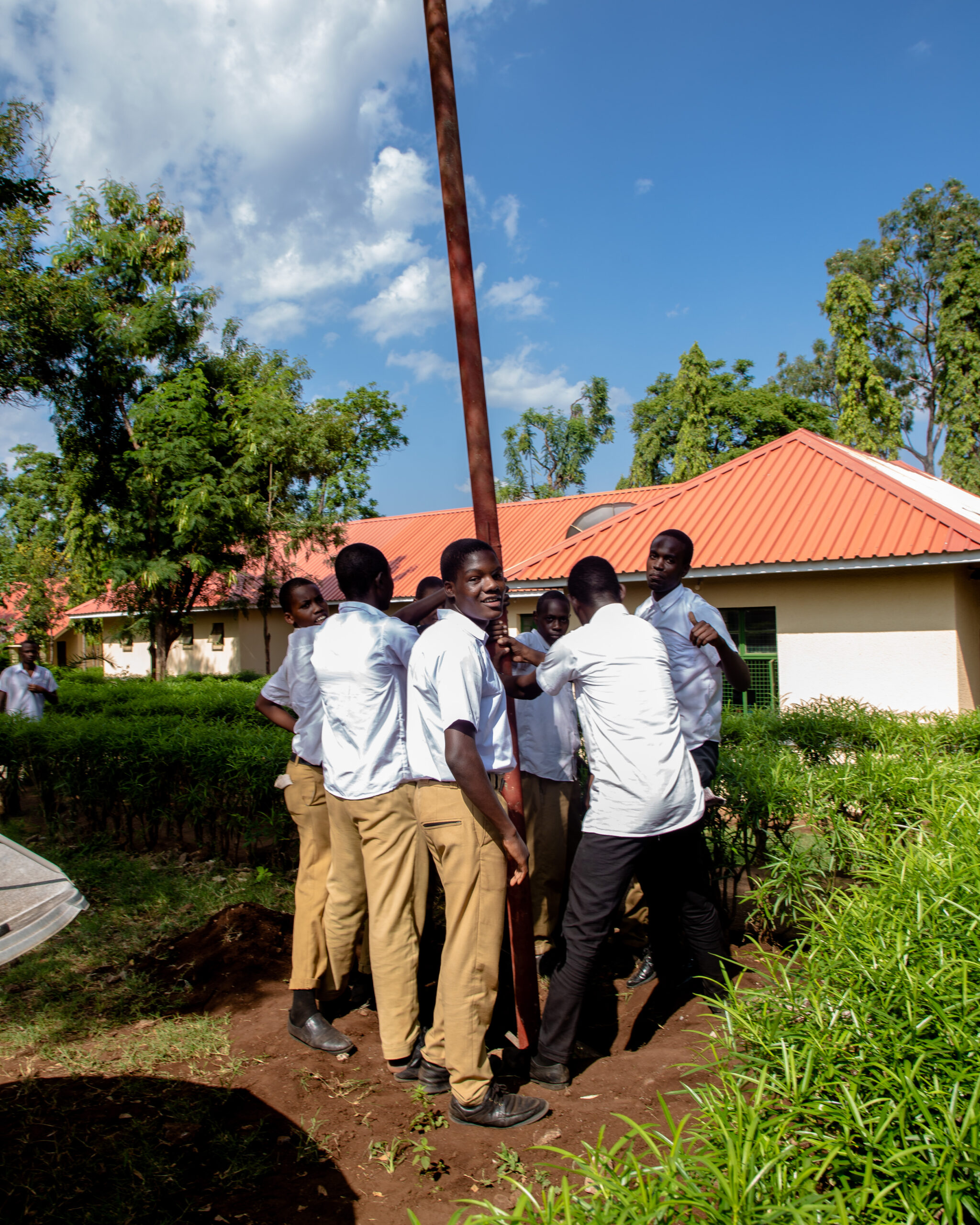
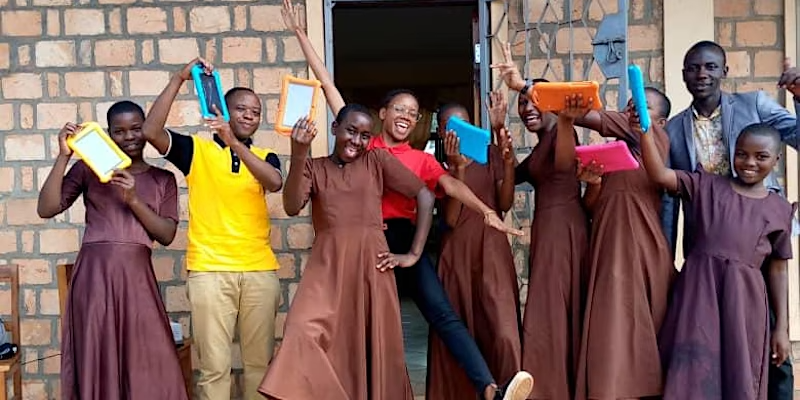
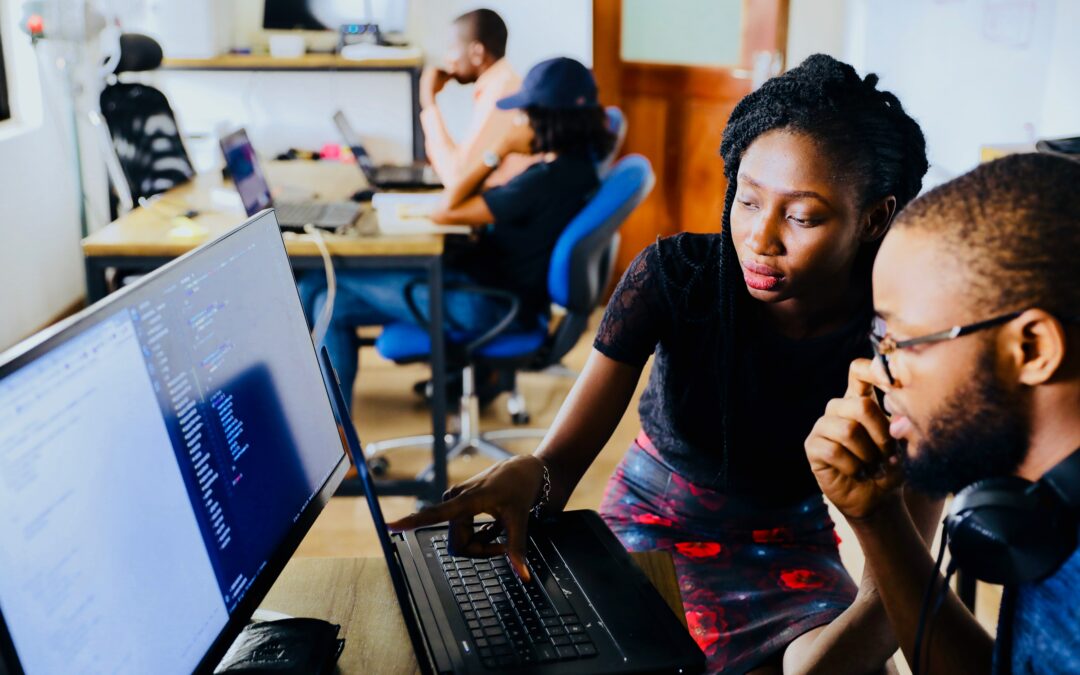
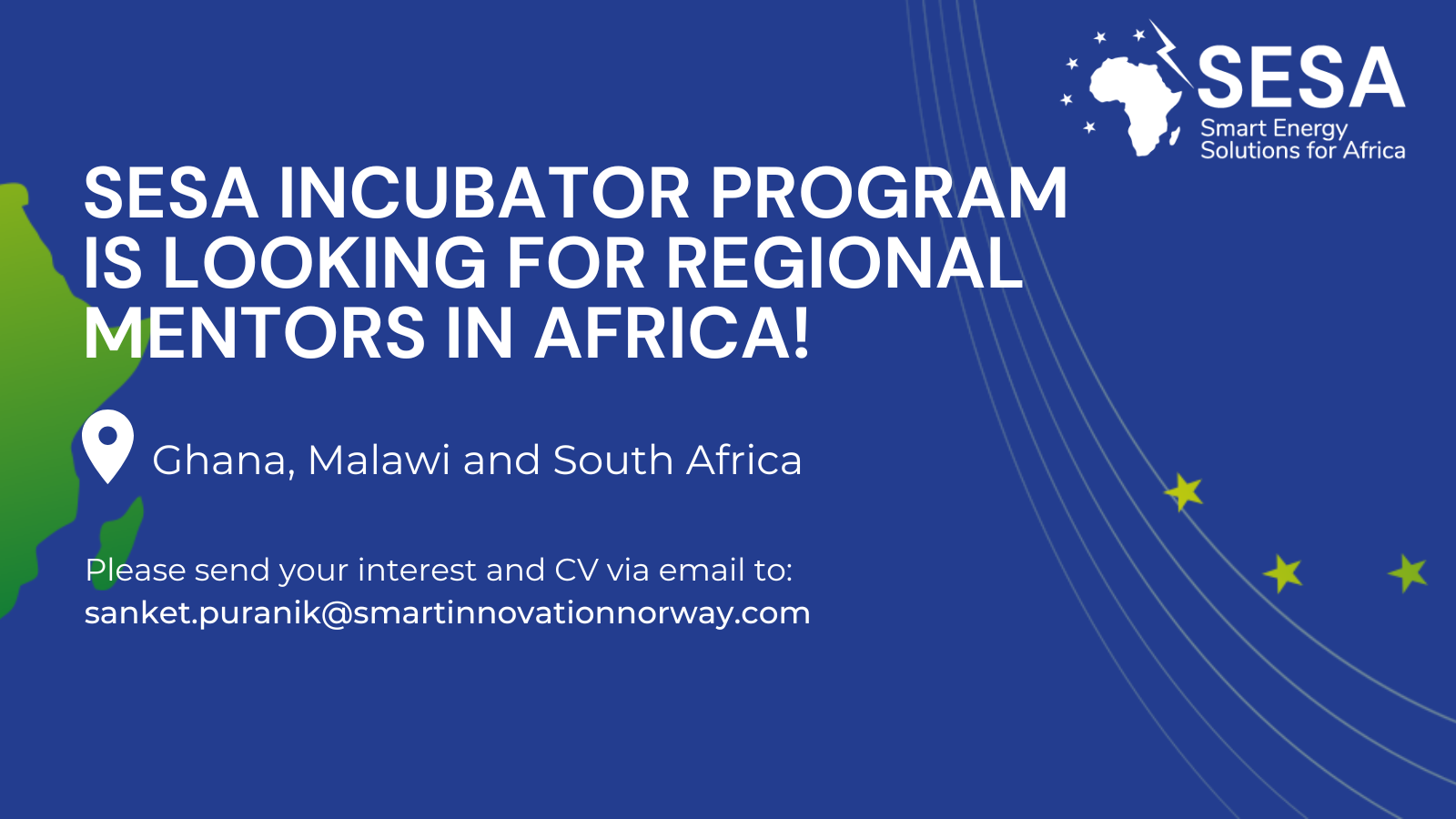
Recent Comments